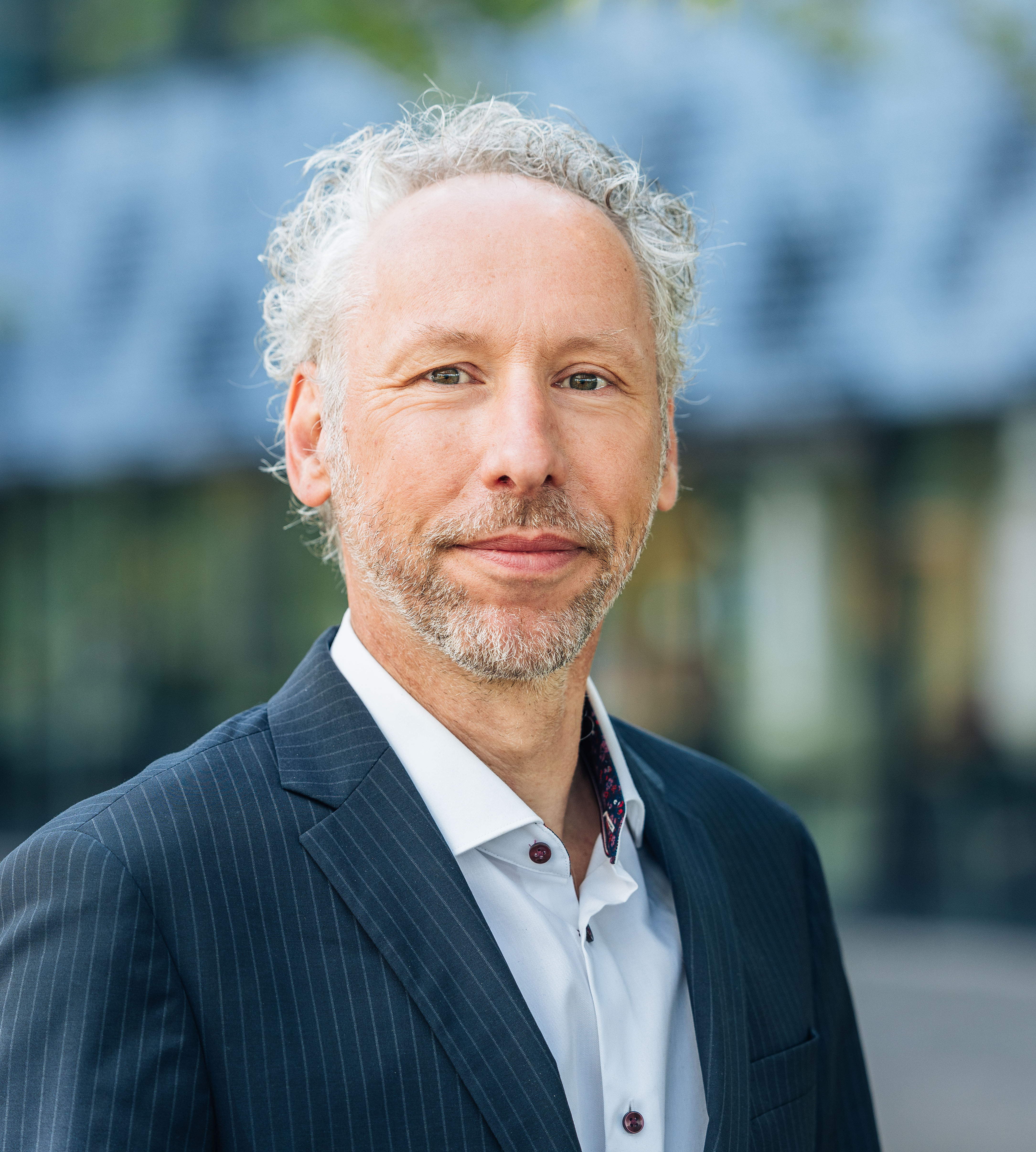This presentation showcases the advancements and applications of CRISPR screening technology. Roderick Beijersbergen, Head of NKI Genomics Core Facility at the Netherlands Cancer Institute and Professor of Functional Genomics at the University of Amsterdam, began by discussing the evolution of CRISPR screening, highlighting its capability to perform single-cell analysis in tissues and whole organs. This advancement allows for a deeper understanding of cellular behaviour in the context of tissue, particularly in oncology.
Beijersbergen then discussed the development and application of large-scale functional genomic screening. He explained how this technology had been pivotal in identifying gene functions and their biological consequences, leading to significant clinical developments. He provided examples where CRISPR screening had led to clinical trials and approved treatments, such as the combination of BRAF and EGFR inhibitors for colorectal cancer and the identification of SHP-2 for liver cancer treatment.
The presentation also introduced the concept of dynamic and phenotypic screening, which went beyond endpoint phenotypes to include temporal and spatial signals. Beijersbergen showcased innovative screening models, such as state-specific models and drug-tolerant persistor screens. These models had been used to identify genes and treatments that targeted specific cell states or drug-resistant cell populations.
Beijersbergen emphasised how functional perturbation can be used in these screens, noting that it allows researchers to inactivate genes and observe the biological consequences. He highlighted the success of this approach in identifying high-confidence targets for clinical therapeutic intervention. Beijersbergen also discussed the challenges and advancements in CRISPR KO technology, which had significantly improved the accuracy and reliability of screening results.
In conclusion, Beijerbersgen's presentation provided a comprehensive overview of the advancements and applications of CRISPR screening technology. He highlighted the importance of innovative screening models and dynamic phenotypic screening in advancing our understanding of gene functions and their clinical applications. The presentation underscored the potential of CRISPR screening to revolutionise the field of oncology and beyond.





